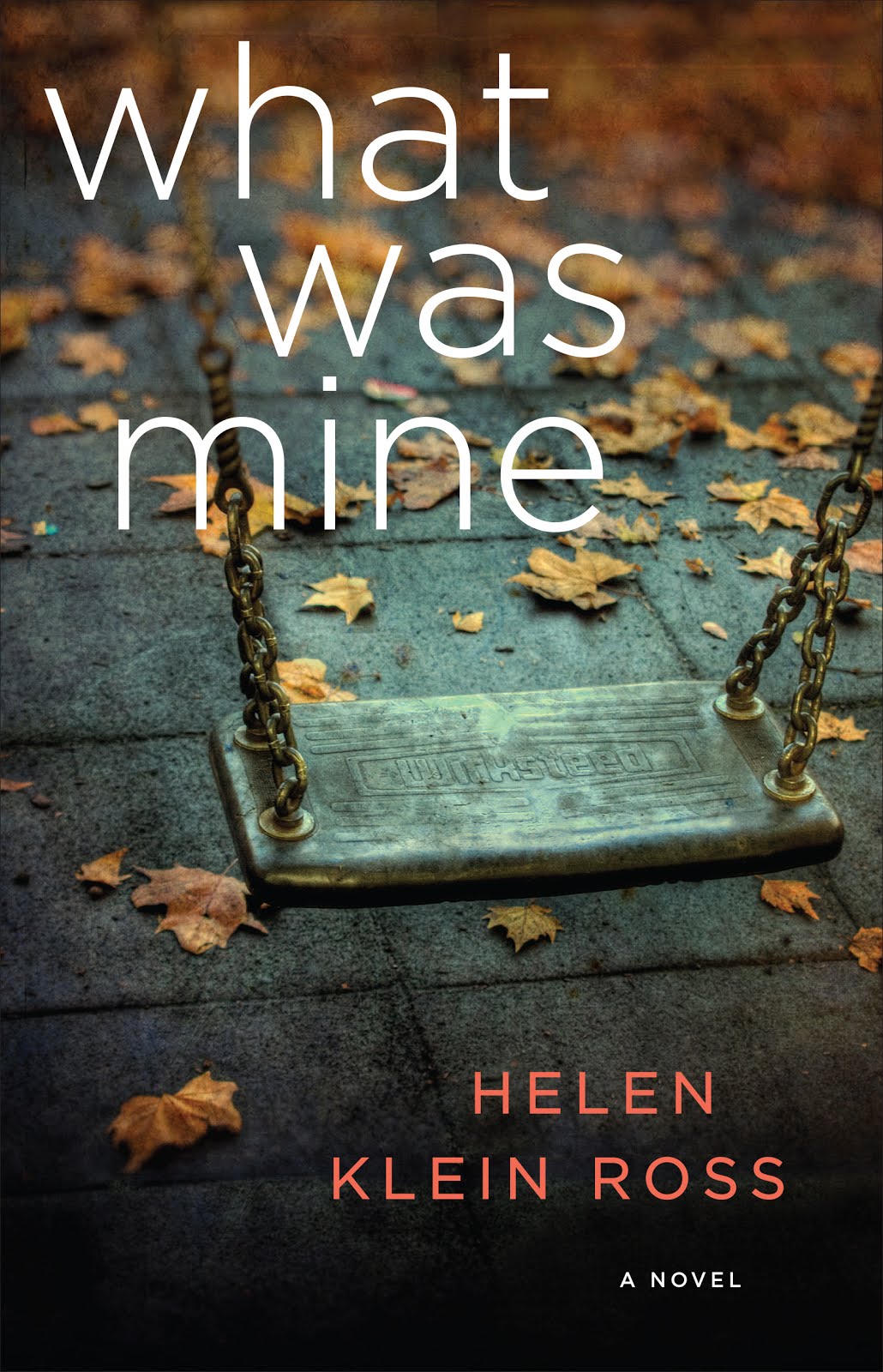
Direct mail marketing may be in decline in most places, but it's thriving in a sector that has only recently accepted it: academia.
According to the front page of today's NY Times, some colleges spent over $1 million last year to market themselves to prospective students. The University of the Pacific in Stockton, California sent out bright orange packets hawking : "Waived application fee!", "No required essay!" Inside, a letter congratulated the recipient for having "earned an opportunity that is reserved for only a select few high-priority students."
The truth is, there is no application fee for anyone applying, and thus no fee to waive. And the "select few" students who received the packets were a list of 30,000 names compiled by Royal & Company, a Richmond-based marketing company that employs veterans from direct mail campaigns for long-distance phone providers and banks.
Why are providers of higher education resorting to marketing themselves like a credit card or dog food?
One answer is, schools need help landing applicants in a recession and are looking to broaden the pool of candidates who apply.
But surely the decision has something to do the fact that marketing campaigns tend to boost schools' rankings in US News and World Report, generally considered the blue book for college shoppers. The rankings depend, in part, on how exclusive a school is, based on acceptance rate. Naturally, the more applicants a school receives, the more it rejects. And that means higher desirability, at least for those who value exclusivity. And, what proud parent seeking the best for a child doesn't?
Which brings me around, once again, to the overpromise metrics.
















